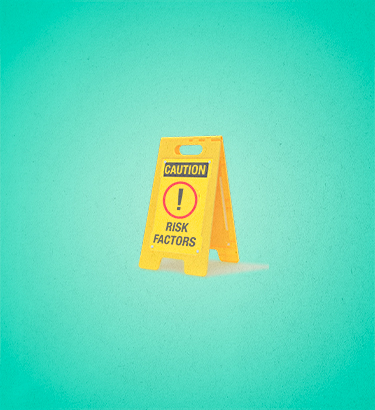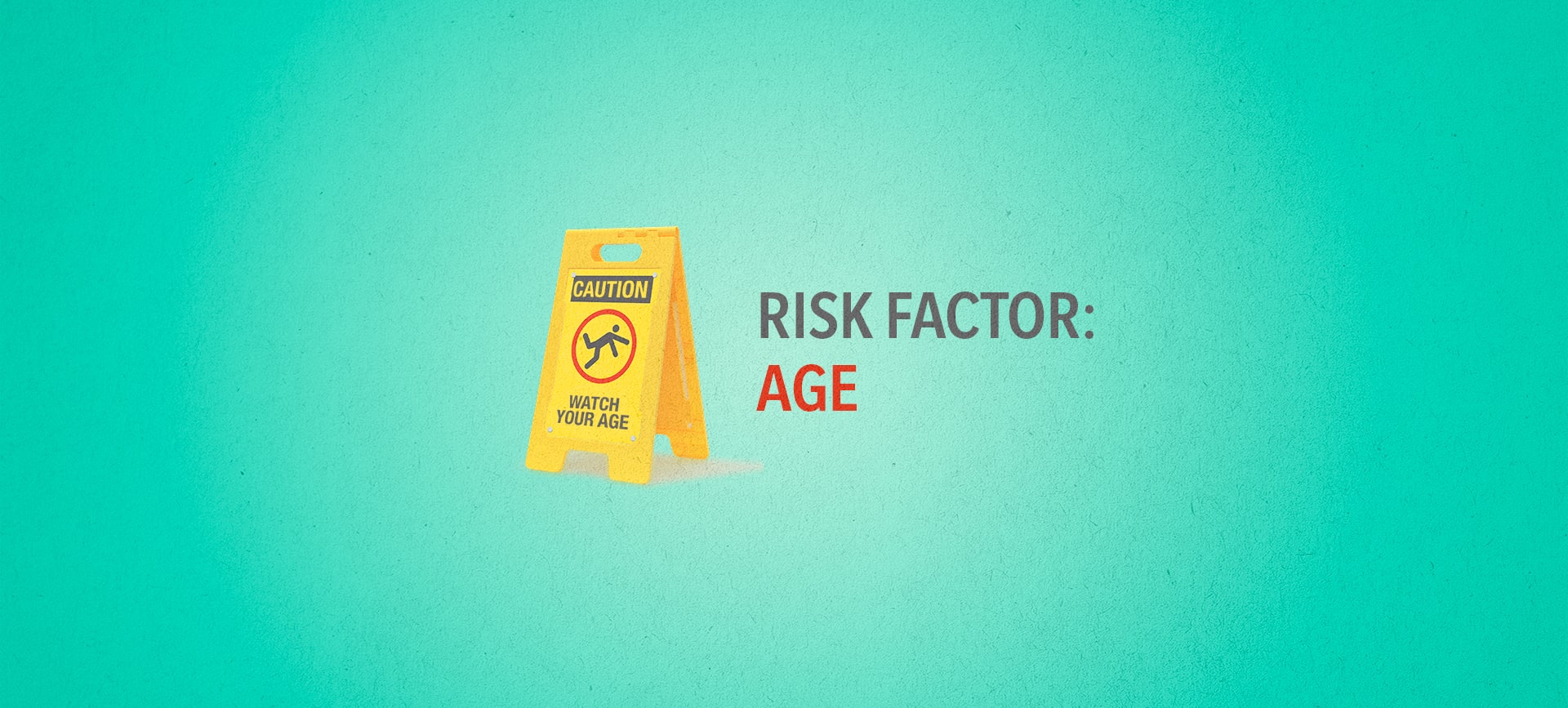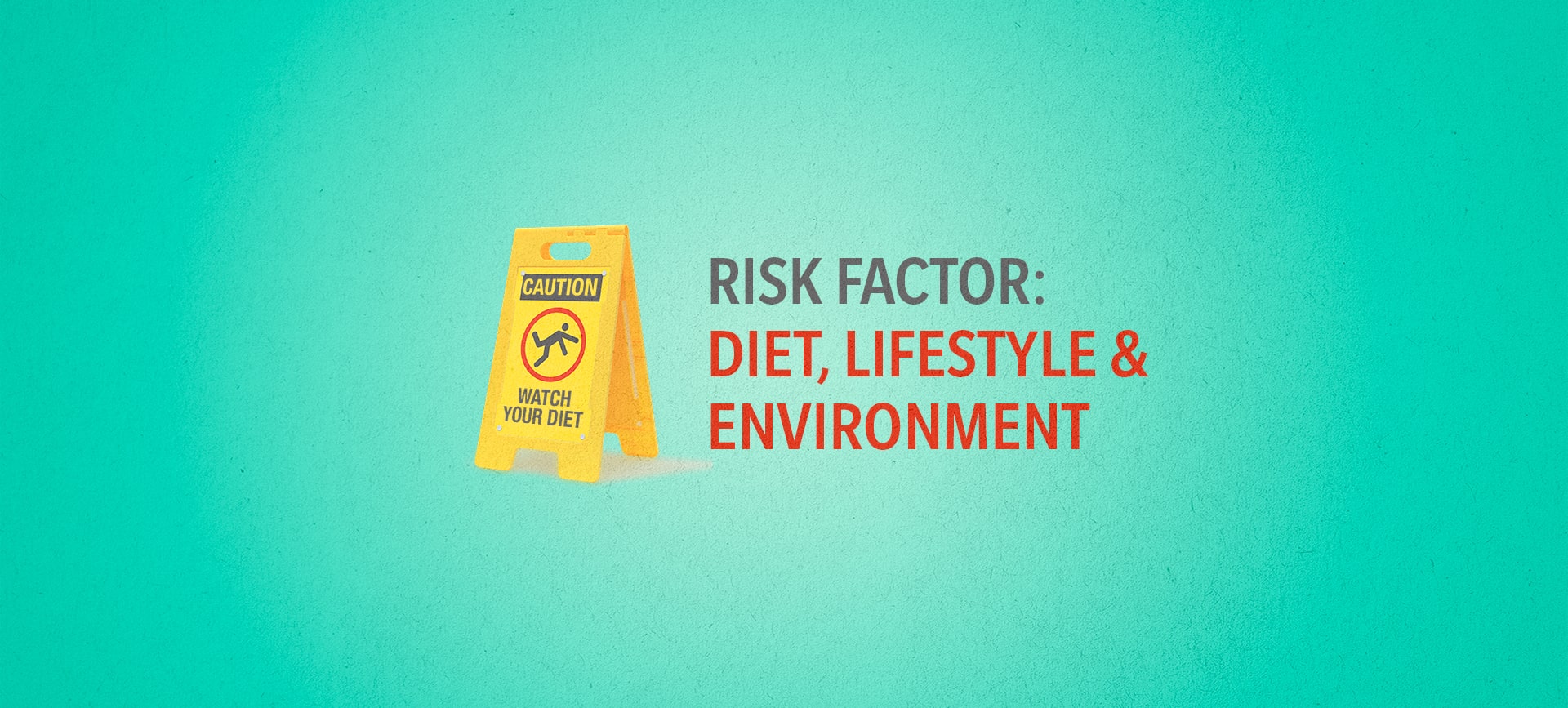It's important to understand the meaning of "risk factor." Healthcare providers look at risk factors to gauge the relative likelihood a person will develop a certain disease.
Risk factors are based on population data analyzed to identify specific criteria that prostate cancer patients, for example, have in common. These criteria can include genetic, individual and environmental factors, among others.
Risk factors are all about odds and chances, not certainties. It's important to understand that even if you have risk factors for prostate cancer, there's no guarantee you'll get it.
By the same token, even if you don't have major risk factors, you may still develop prostate cancer.
With that caveat, let's dive in.















